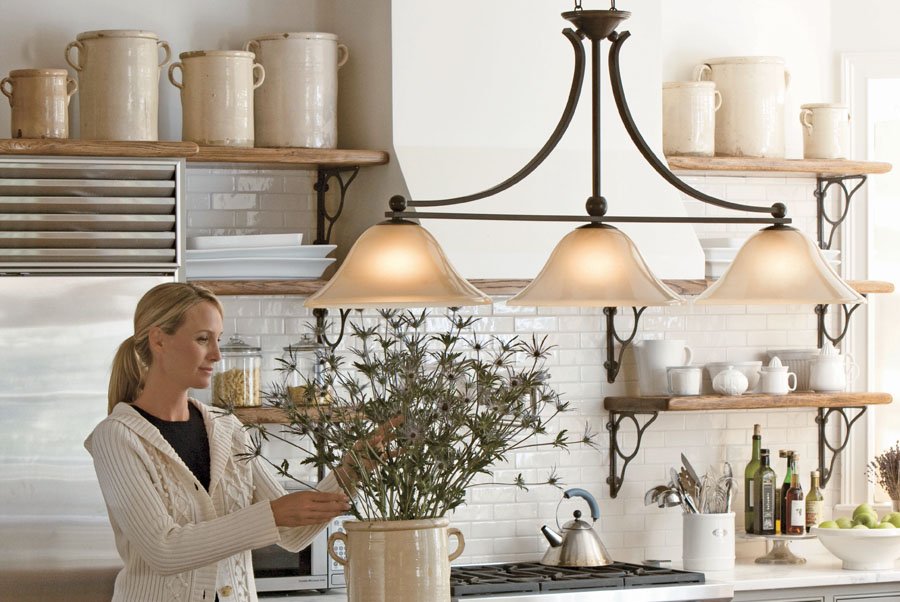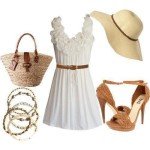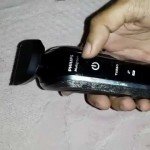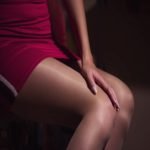In today’s world, outdoor lighting is required for a variety of reasons. Safety, beauty, and setting a specific atmosphere are just a few of many. There are also many different types of lighting, different rules for positioning the lighting, and reasons to use or not to use colored lighting. For example, LED lighting contains a large amount of blue light that brightens the night sky. If it is going to be used outdoors, it should be shielded, dimmed, or used in a color with a lower temperature or “warm” color which doesn’t emit as much blue light.
When you aren’t able to hire a professional light specialist or a contractor to install your garden lighting, it’s time to begin your research. You can also consult specialists in the designer lighting field to ask specific questions without having to hire them to do it for you. Exterior lighting is never a bad investment if it is done right and done well. There are some common questions when it comes to outdoor lighting and here are the answers from the experts.
What is the most important thing to consider when planning a garden lighting strategy?
The plan itself will be the most important part of your lighting strategy. A good lighting design will both make the space enjoyable and extend the amount of time you are able to stay outdoors. A poorly thought-out plan will provide you with a cold and uninviting space and do nothing for your home. Lighting is a valuable feature to showcase your home and any outdoor living space. Formulate a good plan and turn an outdoor evening into an experience.
What type of lights are best used outdoors?
Outdoor lighting should be durable and safe. Some fixtures are better for certain regions than others. For example, brass fixtures work well in an area exposed to a lot of sea air. Outdoor lighting should feature extended warranties that range from 10 years to a lifetime. The best option is not always a heavy fixture, even heavy fixtures can deteriorate in wet soil or water. Check with your local light specialist to find out what fixtures are most suitable for your conditions.
Should I use LED lights?
Yes. You want to optimize the lighting technology available and minimize the amount of energy you use. LED lights feature a warm light that will not compromise the effect you are trying to achieve in a specific area and will use 75% less energy than halogen light. LED lights are virtually maintenance-free. A good LED light will provide about 40,000 hours of light, they are fully sealed and usually potted so they won’t be contaminated by debris or tampered with.
Is it better to choose garden lights that are wired into the main or battery-powered?
This all depends on how many lights you intend to install in your garden, and the kind of energy you will need to supply them. Battery-powered garden lights are somewhat limited in terms of their performance and also on a long-term basis tend to be more expensive to run. There is the bonus of not having to connect them manually to the home’s electricity supply.
How can I make lighting my garden more affordable?
Minimizing the cost of outdoor lighting is possible especially if you design your landscape in phases. This isn’t always the best idea, but with well-thought-out planning, you can light each phase as your budget allows. Begin with a compact area of interest and low voltage lighting. This will allow you to continue to expand your landscape over time. Some great areas, to begin with, are walkways and waterscapes. An average LED system will cost approximately 20 pounds a year at 6hrs a day to operate.
How do I Hire a Lighting Professional?
When looking for a lighting specialist make sure that the contract includes design, installation, and maintenance. Be sure to check your qualifications. The professional you hire should be qualified in design and landscape and also have experience in both areas.
Will the finish on my fixtures last or change color?
The finish on your lighting fixtures should have outdoor reliability. Outdoor fixtures require outdoor coatings. Manufacturers differ somewhat on how they treat the fixtures. Some use baked powder coating over brass fixtures so they will withstand the elements. Whatever the process, make sure the fixtures will hold up when conditions are extreme. Look for fixtures that have been tested for UV heat and salt. They should be resistant to moisture absorption and corrosion as well.
Copper, bronzed brass, and brass will change over time. It’s called patina which is a natural aging process outdoors. The finishes on outdoor fixtures that are exposed to prolonged sunlight, airborne pollutants, and extreme weather conditions will eventually change. A silicone spray can be used on the finish to help protect it.
I live in a coastal area with high salt content. What type of fixture should I use?
The best fixtures for salty air are brass and copper.




